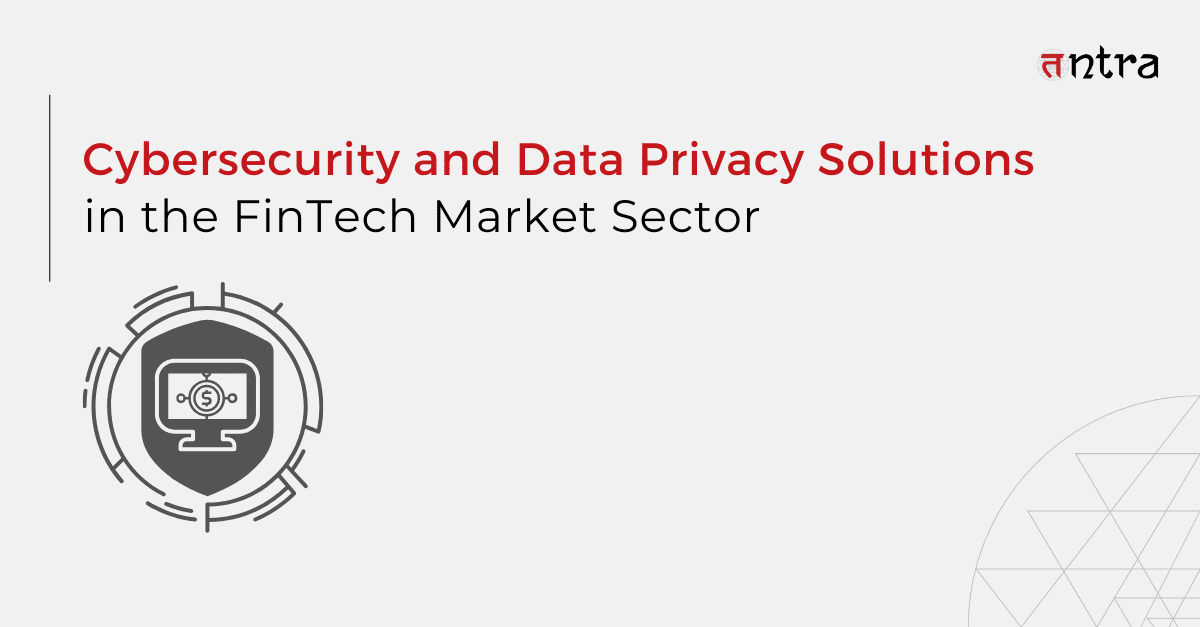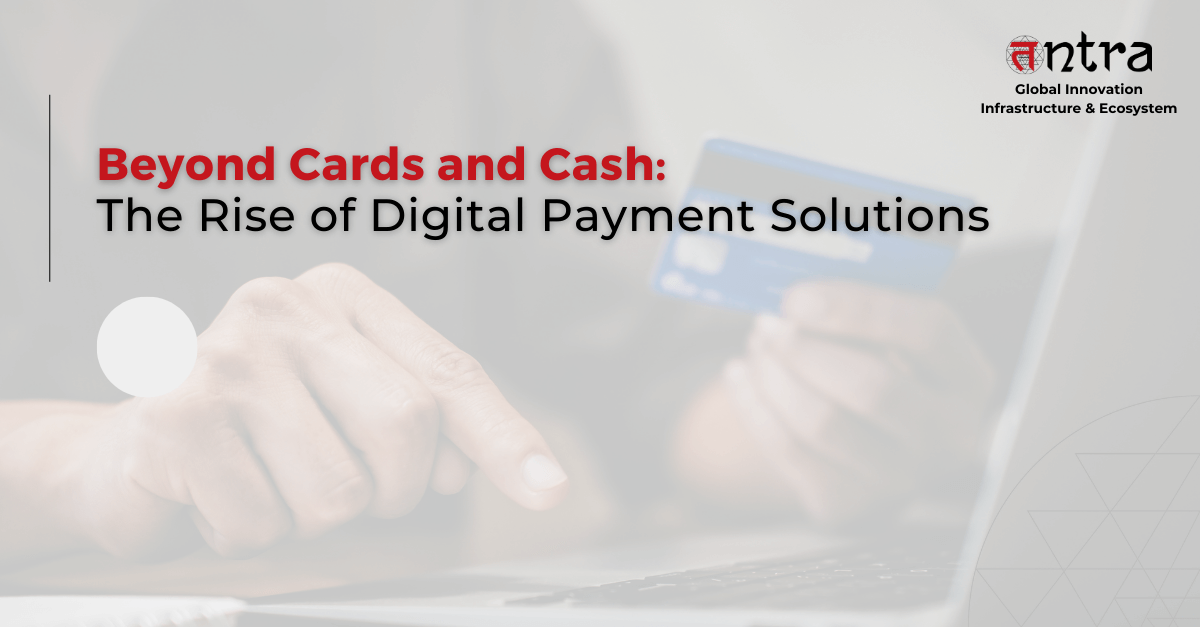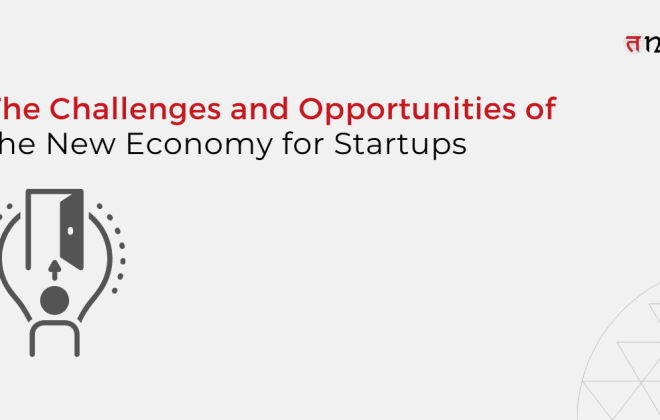
Cybersecurity and Data Privacy Solutions in the FinTech Market Sector
Table of Contents
ToggleIn this blog, navigate the dynamic FinTech landscape as the demands for creating a robust cybersecurity ecosystem rise. With cyber threats on the rise, implementing advanced data privacy solutions is paramount. From stringent security policies to AI-driven threat detection and regular assessments, fortifying financial systems is crucial. Blockchain’s promise in data protection cannot be overlooked. Engaging with specialized cybersecurity firms such as Tntra forms integral components of a comprehensive defense strategy. Staying updated with regular software updates and patch management is also critical.
American commercial bank Flagstar Bank is headquartered in Troy, Michigan. Presently, it is a fully owned division of New York Community Bank. Before its takeover in 2022, Flagstar was among the biggest banks in the US and a significant force in the nation’s residential mortgage servicing market.
A large-scale data breach at Flagstar Bank in June 2022 exposed the Social Security information of around 1.5 million customers. The specifics of how the hackers entered the bank’s network remain undisclosed, although early findings indicate that the breach might have happened as early as December 2021. This incident emphasizes how crucial it is for the banking sector to have robust data privacy solutions.
Important financial information, including Social Security numbers, banking information, and private data like names, residences, and birthdays, were made public by the hack. This incident highlights the necessity for all-encompassing Cybersecurity solutions that cover vulnerabilities ranging from ransomware and internal threats to third-party concerns. Class-action lawsuits were settled in March 2021, but Flagstar Bank paid a price for its lack of action in putting protective solid measures in place earlier.
To strengthen security, essential procedures include conducting yearly penetration tests and security audits (such as SOC 2 Audits), maintaining up-to-date incident response plans, and offering thorough Cybersecurity training. Several steps are essential for the Cybersecurity ecosystem to be strengthened and future attacks to be avoided.
Source: UpGuard
Threat to Data Privacy and FinTech Cybersecurity Vulnerabilities
Cybercriminals continued to wreak havoc in enterprises, disrupting business continuity and hindering business success. Data breaches like these impacted 422.1 million people in 2022, a 41.5% increase over 2021, according to the Identity Theft Resource Center (ITRC).
The banking sector witnessed an average data breach cost of 5.9 million US dollars in 2023, down slightly from 5.97 million US dollars in 2022, according to Statista’s 2023 research. In contrast, the average cost worldwide for all industries under investigation was $4.45 million.
From 2008 to 2022, the financial sector’s most significant global data breach occurred in 2019 at the First American Financial Corporation in the United States. This breach exposed a staggering 885 million financial and personal records. While cyber-attacks are a significant cause, data breaches can also stem from factors like system errors. This highlights the financial industry’s vulnerability to data compromises.
The most significant global data breach in the financial sector between 2008 and 2022 was identified in 2019 at the First American Financial Corporation in the United States. This breach resulted in the exposure of 885 million financial and personal records. While cyber-attacks are a significant threat, data breaches can also stem from other factors like system errors. Implementing robust FinTech solutions is crucial for safeguarding against such incidents.
Not just banks, as per Statista, in 2022, there were 1,829 reported cyber incidents in the financial industry worldwide, down from 2,527 in the preceding year. Coherently, the number of data breaches decreased within the last two examined years, from 690 in 2021 to 477 in 2022.
As per data, in the financial sector globally, the average cost of a data breach as of 2023 was 5.9 million USD, down from 5.97 USD in 2022. The average cost of a data breach worldwide was 4.45 million dollars across all industries that were looked at.
Strengthening FinTech Cybersecurity and Data Privacy Measures
The BFSI’s Cybersecurity has grown more intricate. These days, a more significant number of customers favor online banking. For example, in 2022, the Middle East’s FinTech industry saw a 30% CAGR. As a result of which, the Cybersecurity market in the Middle East is booming.
FinTech companies are going digital to remain competitive. Their security environment is evolving as a result. Cyberattacks targeting FinTech companies are becoming more frequent. Engaging with a Cybersecurity solutions company can help FinTech companies manage Cybersecurity and data privacy.
- Developing a Robust Security Policy
- To build strong Cybersecurity, enforce strict policies, such as multi-factor authentication, regular system updates, and personnel training. For sensitive data protection, use encryption, regularly evaluate your system for vulnerabilities, and have an incident response strategy in place. Additionally, integrate advanced data protection solutions to bolster defenses against evolving threats.
- Well-defined policies offer a robust framework for managing risks. Consider elements such as clearly defined goals, applied security frameworks, defined procedures and instruments, efficient incident response and disaster recovery plans, cyber resilience, and more as a top priority.
- Using AI, ML, Data Analytics and Blockchain
- Advanced technologies are playing a critical role in Cybersecurity in FinTech. AI, ML, Blockchain, and analytics aid in proactive threat detection. Moreover, they ensure faster analysis of large volumes of data.
- Machine learning and Artificial Intelligence are pivotal in real-time detection and response to cyber threats. By processing substantial data volumes, these technologies discern patterns signaling potential attacks. Moreover, AI-driven systems can autonomously counter cyber threats, like isolating affected systems or restricting access to sensitive data.
- Machine learning systems continually learn and adjust to novel threats, increasing their efficacy. They excel in uncovering financial fraud, recognizing security risks, emerging dangers, unauthorized data access, and anomalous activities.
- Blockchain technology has a lot of promise to improve data privacy. Effective Cybersecurity management is greatly aided by its built-in capabilities, which include distributed architecture, consensus validation, encryption, blocks and hashing, and more. Cybersecurity companies are increasingly using this technology to improve business-level security solutions.
- Regular Security Assessments and Penetration Testing
- Regular security assessments and penetration testing can help FinTech companies discover vulnerabilities in financial systems and ensure that adequate security protocols are always functional.
- Both internal teams and third-party security firms can perform these assessments. Penetration testing mimics actual cyber attacks to evaluate system security. The procedure encompasses reconnaissance, scanning, exploitation, and reporting.
- Reconnaissance involves gathering data about the target system while scanning identifies open ports and services. Exploitation aims to gain access using gathered information. Finally, reporting entails sharing all findings with stakeholders.
- Regular Software Updates and Patch Management
- Implementing regular software updates and effective patch management is essential in safeguarding digital FinTech solutions against known vulnerabilities. A Software product engineering company frequently releases updates to address security issues, underscoring the importance of prompt implementation by financial institutions.
- Additionally, institutions must establish a systematic approach to identify and rectify vulnerabilities in custom-built systems and applications. This involves conducting routine vulnerability assessments, penetration testing, and promptly patching any identified vulnerabilities. Such measures form integral components of comprehensive data security solutions.
- Employee Education
- Addressing Cybersecurity challenges requires comprehensive employee education and awareness training. Vital in thwarting cyberattacks, this training equips staff to recognize and thwart phishing attempts while instilling proper security protocols.
- Updates and reminders are essential to keep employees abreast of evolving threats and best practices. Additionally, a well-defined incident response plan is crucial, ensuring employees know how to react during a data breach or cyberattack.
Conclusion
Cybersecurity in FinTech is vital as the financial sector is the most targeted industry for cyber attacks, and the increasing use of digital technologies in financial services increases the risk of cyber attacks.
It is critical that financial institutions and fintech companies implement robust Data security solutions to protect their systems and sensitive customer information. This includes incorporating security features into the Fintech Software Development process, such as encryption, multi-factor authentication, and regular security testing.
Follow these best practices to boost their Cybersecurity ecosystem. Partnering with a software product engineering solutions company such as Tntra can help you with a comprehensive security solution that can keep you away from costly data breaches!
Contact Tntra today for an expert Cybersecurity solution !!





